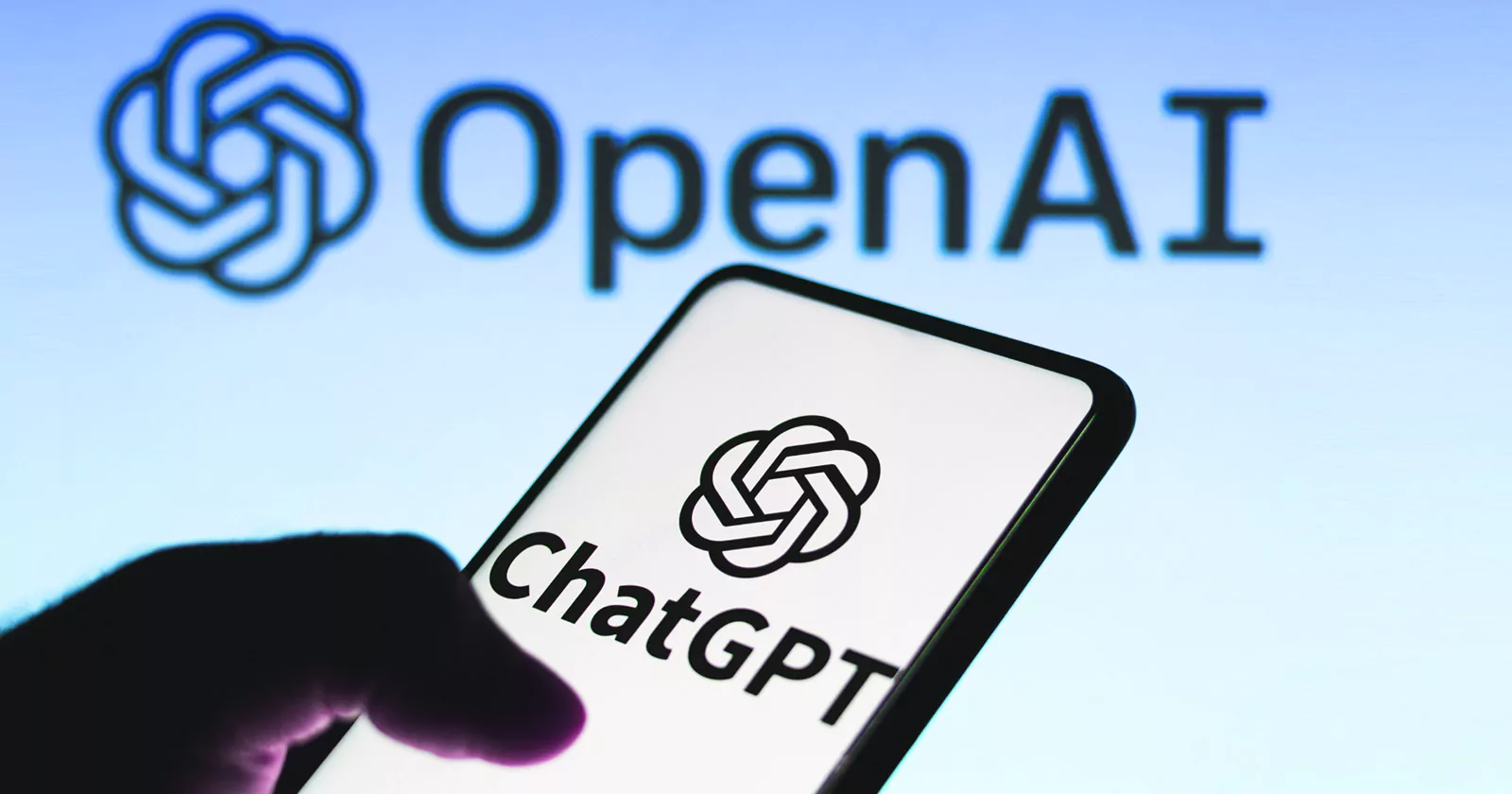
Artificial Intelligence has empowered machines to perform a multitude of tasks, from generating videos to writing computer code and engaging in conversations. Moreover, it’s spearheading endeavors to comprehend the complexities of the human body and combat diseases.
Recently, Google DeepMind, in collaboration with Isomorphic Labs, introduced an enhanced iteration of AlphaFold, a pioneering AI technology. AlphaFold has revolutionized scientific understanding by delving into the intricate workings of microscopic cellular mechanisms.
Initially unveiled in 2020, AlphaFold tackled a longstanding conundrum known as “the protein folding problem.” Proteins, fundamental to all life forms, undergo a transformative process from linear chemical sequences to intricate three-dimensional structures, crucial for their biological functions.
Traditionally, biologists grappled with deciphering these structures over years or decades. However, AlphaFold changed the landscape by swiftly predicting protein shapes within minutes when provided with amino acid sequences.
Upon its public release, AlphaFold catalyzed drug discovery efforts, particularly aiding researchers at the University of California, San Francisco, in combating the coronavirus and preparing for future pandemics. Its applications extended to addressing challenges like malaria and Parkinson’s disease, offering hope for expedited drug and vaccine development.
John Jumper, a researcher at Google DeepMind, highlighted the significance of AlphaFold, emphasizing its role in unraveling cellular machinery dynamics and shedding light on disease mechanisms.
The latest iteration, AlphaFold3, represents a significant advancement, transcending protein folding to predict the behavior of additional biological components such as DNA and RNA. These capabilities promise to deepen our understanding of cellular processes, paving the way for innovative approaches in biomedical research and beyond.






